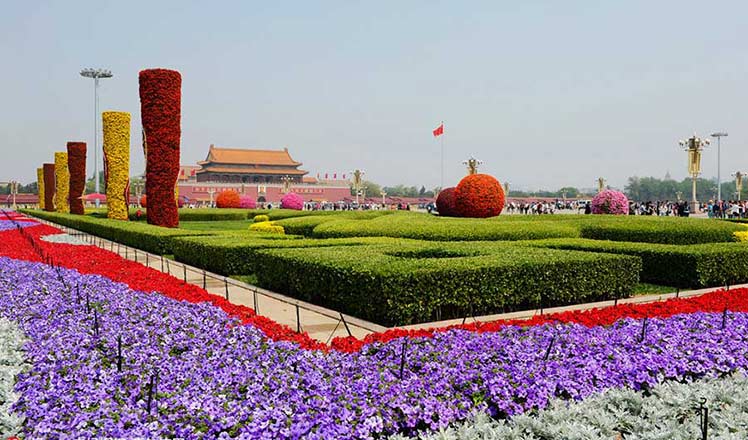New law adopted on overseas NGOs
Updated: 2016-04-29 03:16
By CAO YIN(China Daily)
|
||||||||
China adopted its first-ever law on overseas NGOs on Thursday to facilitate their legal operations on the mainland but to combat any activity that might harm national security.
The 54-point law, passed at the bimonthly session of the top legislature, clarifies the registration process, operational rules and liabilities of overseas NGOs, as well as measures for their operations in China.
The law, which takes effect on Jan 1, requires all overseas NGOs operating in China to be registered and regulated by central or provincial-level police authorities, a stipulation that has caused concern among some NGOs over whether their operations and activities will face restrictions.
"Such worries are totally unnecessary if they follow Chinese laws," said Zhang Yong, deputy director of the Legislative Affairs Commission of the Standing Committee of the National People's Congress. He said overseas NGOs have made a great contribution to China's development.
There is no specific figure on how many overseas NGOs are in China. Chinese media have estimated there are more than 6,000, and most are engaged in environmental protection, education and poverty relief efforts.
The adopted law includes many changes to the previous draft version. For example, the earlier draft required exchanges between Chinese and foreign colleges, hospitals, and science and engineering research institutes, but the adopted version exempts this.
The law also removes the restriction limiting each NGO to a single office on the mainland, but the number and locations must be approved by regulatory authorities.
Guo Linmao, a member of the commission, said the rights of NGOs will be fully protected, but those that break China's laws will be punished accordingly. "A very limited number of overseas NGOs have conducted activities in China that harm our national security or interests," he said.
Behavior that damages China's territorial integrity, regime and people's interests is defined as harming state interests, he said.
The new law gives police the authority to talk with representatives of overseas NGOs and ask them not to conduct such activities, or even blacklist or deport them. If they are found to have broken China's Criminal Law, they are also subject to criminal punishment.
- UN urges DPRK to stop 'further provocative action'
- China stresses Putin's expected visit
- British FM visits Cuba for 1st time since 1959
- Trump attacks Clinton on gender, risking backlash from women
- Pirate radio poses surprising challenge in internet age
- DPRK's Musudan missile launch appears to have failed

 Top 10 luxury cars at the 14th Beijing auto show
Top 10 luxury cars at the 14th Beijing auto show
 European castle-style campus wows in Southwest China
European castle-style campus wows in Southwest China
 Industrial city reinvents itself as green oasis
Industrial city reinvents itself as green oasis
 Tiananmen Square decorated as May Day holiday approaches
Tiananmen Square decorated as May Day holiday approaches
 Snapshots of modern-day Chinese at work
Snapshots of modern-day Chinese at work
 Top 10 dazzling new car models at Beijing auto show
Top 10 dazzling new car models at Beijing auto show
 London's Big Ben to fall silent for urgent repairs
London's Big Ben to fall silent for urgent repairs
 Rare snub-nosed monkeys at Beijing Zoo
Rare snub-nosed monkeys at Beijing Zoo
Most Viewed
Editor's Picks

|

|

|

|

|

|
Today's Top News
Liang avoids jail in shooting death
China's finance minister addresses ratings downgrade
Duke alumni visit Chinese Embassy
Marriott unlikely to top Anbang offer for Starwood: Observers
Chinese biopharma debuts on Nasdaq
What ends Jeb Bush's White House hopes
Investigation for Nicolas's campaign
Will US-ASEAN meeting be good for region?
US Weekly

|

|







